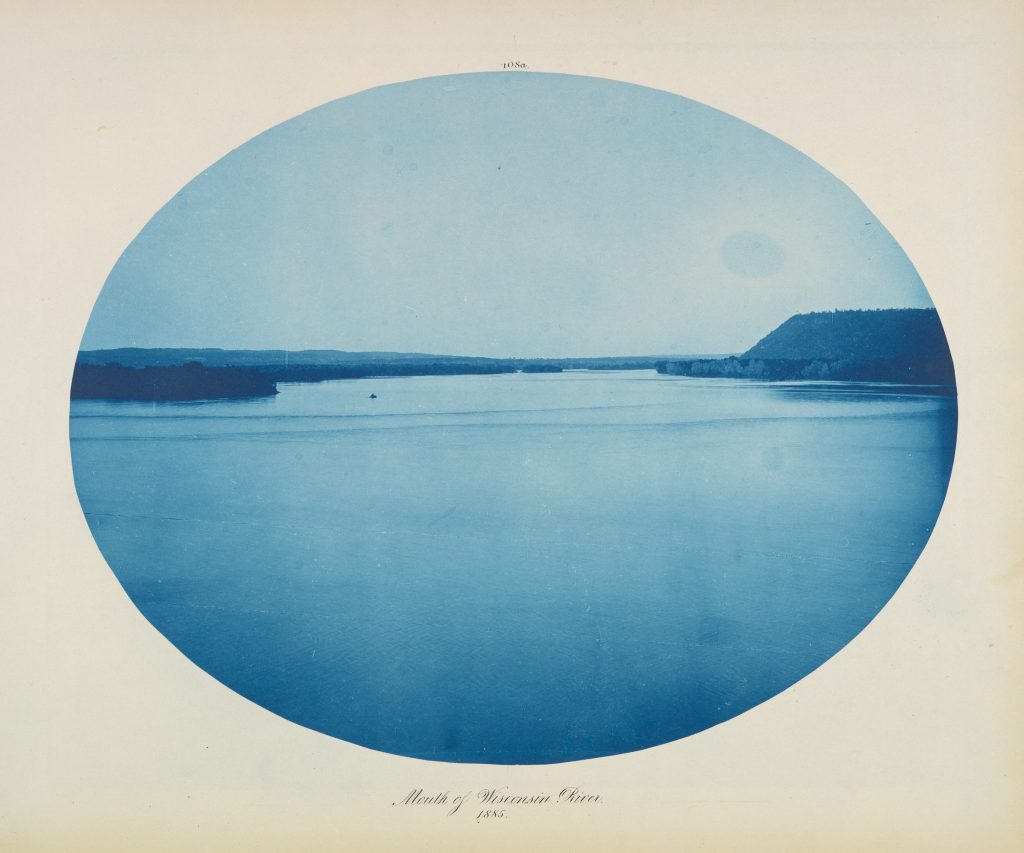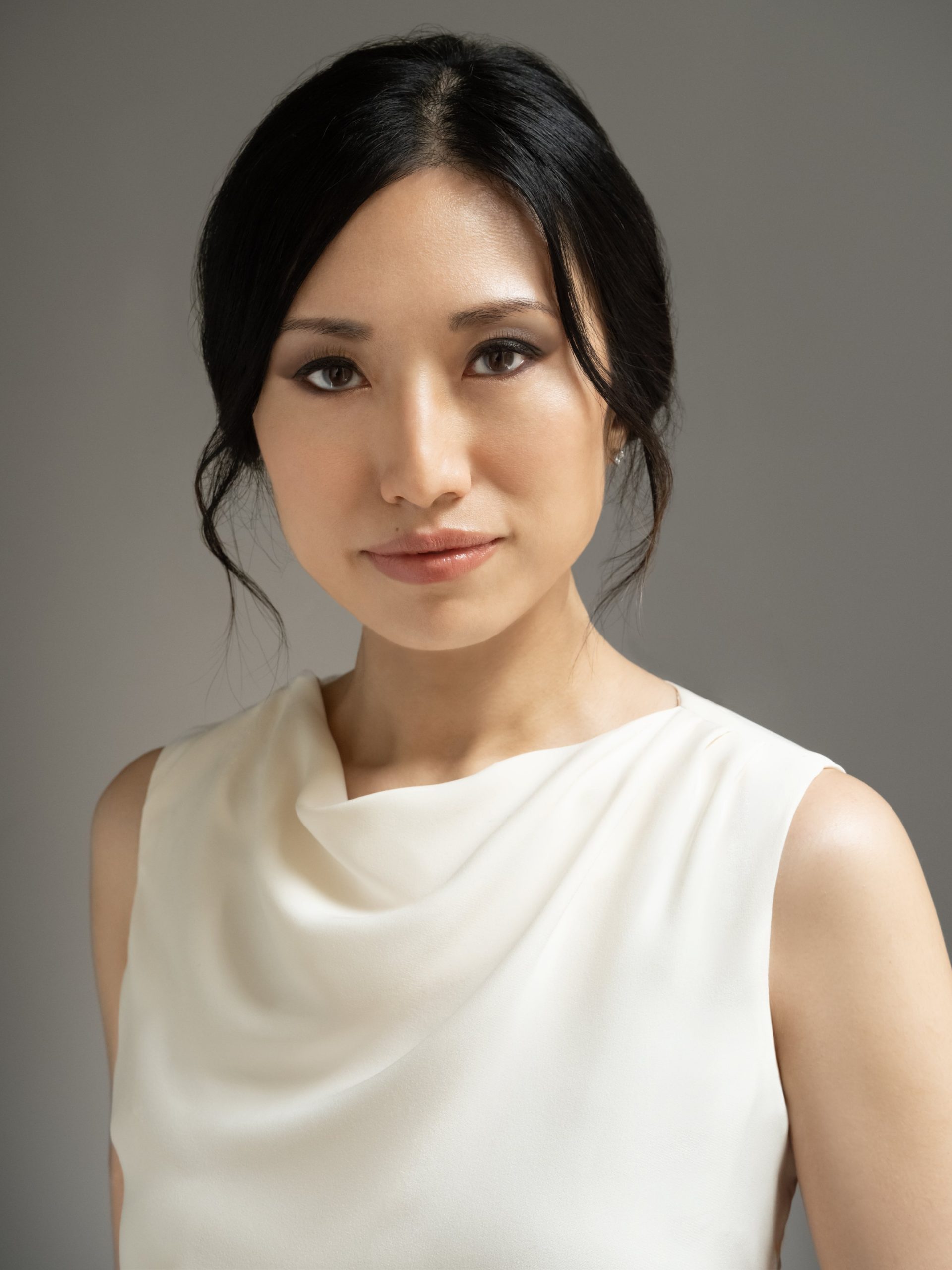“I’m doing everything I want to do”:
Carrie Sun on her career as a writer and memoirist
July 29, 2025

Henry P. Bosse, “Mouth of Wisconsin River” (1885)
You can listen to the introduction to this interview on Substack, Apple Podcasts, or Spotify.
Editor’s note
Among the most compelling memoirs are those that offer a window into experiences so singular they would otherwise remain known to only a fraction of humanity. Literary treasures of this kind are scarce not because extraordinary experiences evade us, but because we so rarely encounter the writer who can transmute those experiences into essential reading.
Carrie is one of those writers, and Private Equity is one of those memoirs. Named one of TIME Magazine’s must-read books of the year, one of Vogue’s best books of the year, and the work memoir of the year by Harper’s Bazaar, it chronicles, as its central focus, her time spent working at one of the most prestigious hedge funds in the world. Yet to say that Private Equity is a memoir about Wall Street, the financial industry, or even a professional coming-of-age is to fail to capture the breadth of insight it offers across so many intensely interesting subjects.
As Carrie explains below, “A decision is only risky if what’s at stake is valuable.” I learned a lot about decision-making, risk, and value from her propulsively readable memoir, and it was a privilege to get to learn more about her in this interview.
Jana M. Perkins
Founder, Women of Letters
Carrie Sun was born in China and raised in Michigan. She holds an MFA in creative writing from The New School. She lives in Jersey City with her husband and young son. Private Equity: A Memoir is her first book.

How did your childhood shape your ideas about what work looked like and what was possible for you?
Carrie Sun: I came to America with my mom when I was four, to reunite with my dad who was in grad school. Many of my early memories are of my parents being too busy — going to school, studying for exams, caregiving, dishwashing, mowing other people’s lawns, or delivering pizzas — to play with me. Work wasn’t a choice. It was something they did in and out of the house, day and night. Not once did I hear my parents bemoan their lot. They’d come to America on borrowed money, and soon, in the course of about seven years, they went from having essentially negative wealth to owning a home and having stable jobs as members of the middle class. I learned the value of hard work.
But it wasn’t the hours they had put in that affected me the most. My mom nannied kids as if they were her own. My dad changed our (very old, very used) cars’ mufflers as if he managed an auto repair shop. No task was above doing a good job, because a job, they knew, was not a measure of worth. I vowed that whatever I would do when I grew up, I’d do it well for myself.
My parents told me that they’d come to America for me, sacrificing family and familiarity to give me a chance at a better life. What was possible for me—the only possibility, I believed—was to make good on their reason for leaving home.
When you think of women who have inspired or influenced you, who comes to mind?
CS: It took me many years to arrive back at this answer: my mom.
When I was little, I thought that there was nothing she couldn’t do. She sewed my clothes, French-braided my hair, cooked elaborate and delicious meals multiple times a day. She taught me Chinese and English and math. But this was an egocentric inspiration, one centered on her relation to me.
As I’ve grown, I’ve come to know her as a person independent of motherhood, and I’m back to thinking she is the most incredible person. She’s quick to learn, fast to adjust, daring, and curious. She lives for newness. She uses ChatGPT, for instance, and occasionally Grok and DeepSeek to do deep dives on whatever she finds fascinating; then she writes about it in her long-running blog. Her topics range from her travels to Egypt to a review of “Love Actually.”
A couple years ago, she and I took a trip to Italy with my husband. “I’m like a frog in a well,” she said to me under a skylight at the Toledo station in Naples, “hoping to see the whole sky.”

What’s a commonly shared piece of advice that you disagree with, and why?
CS: I used to work in finance. A phrase I heard again and again—a cliché—was “process over outcome.” If you have a good process, the results will come. Football, golf, tennis—they also have evangelists who believe that honing your process will get you better results. What investing and sports have in common is a focus on optimal performance.
But this advice is much too focused on the how: how to perform, achieve, win. It assumes you already know what you want to do and where you’d like to put your energy. There’s not nearly enough attention given to the what. Questions like, What industry do you want to be in? What outcome do you even want?
This advice assumes that there is worthiness in being the best for the sake of bestness. It’s too easy nowadays to get caught up in competition, race after race. I was guilty of this for much of my life. It took me over three decades to realize that I’d rather fail at something I care about than succeed at something that disinterests me.
During my MFA, we spent a lot of time in workshops and seminars thinking about how to structure an essay, or how to use your memories in creative nonfiction. I can’t remember a class wherein we discussed what memories to include or what to discard, or what topic you should choose for a piece. How you say something matters, of course, but perhaps more thought could be given to knowing what you want to say.

Tell us about a time when you had to take a big risk in order to move forward. What did that experience teach you about how to navigate difficult circumstances?
CS: The biggest risk I’ve taken thus far is to become who I am today, meaning: not exactly the person my parents had hoped I’d be. There was about a decade in which my relationship with them, especially my mom, was broken. They disagreed with my life choices, personal and professional. They couldn’t understand why I’d dropped out of business school or ended an engagement or quit my jobs. I couldn’t understand why they couldn’t let me be me.
My decision to change careers might have appeared risky, but it was not in the way that most people think: Yes, I traded a good salary for a series of unpredictable (and much lower) paychecks; but a decision is only risky if what’s at stake is valuable, something you care to hold on to. I realized I didn’t care for finance, not really—I wasn’t giving up much. I was gaining the privilege of time to discover myself. That gain, however, came at the potential cost of a relationship with my parents. I feared that they would not accept me.
There’s a quote I love from Angels in America: “It’s the fear of what comes after the doing that makes the doing hard to do.” I asked myself, Would I rather live with the consequence of my parents not accepting me or me not accepting myself? As much as I love them and hoped they’d love and accept me unconditionally, I did not want to live a lie. The truth is I believed I was making good on all they had wanted for me, only using my definition of a better life.
Where do you feel the most scarcity in your life? Where do you feel the most abundance?

Photo credit: Beowulf Sheehan
CS: I have a newborn at home, so the obvious answer might be that I feel a scarcity of time. It’s interesting. While objectively I have no time (I’m writing these answers in the middle of the night as I nurse), I feel, oddly, an abundance of time. I think it has to do with control and agency.
When I was working on Wall Street, I felt an intense chronophobia—the fear of the passing of time—afraid that I wouldn’t be able to do everything I wanted to do in this life. Even though then I could take long showers and go out with friends, neither of which I have time to do now, I felt that my days did not belong to me. I felt time-poor. Today, somehow, I feel time-rich. I own my days. I also feel an abundance of gratitude to be in this position and, unexpectedly, a scarcity of anxiety: it no longer matters so much what happens in the future because I’m doing everything I want to do in the present.

What keeps you going?
CS: There are two kinds of writers: those who write what they know and those who write what they don’t know. I’m in the second camp. I wake up excited to ask questions that confound me and to find answers that surprise me.